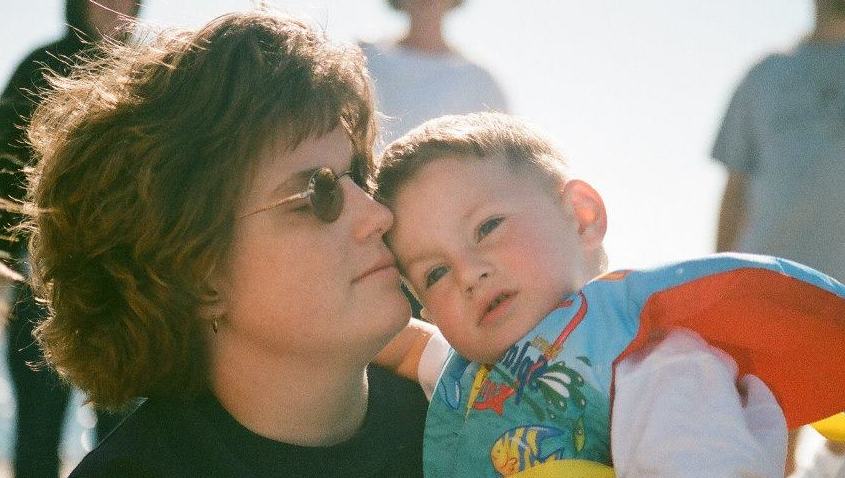Center for Foodborne Illness Research & Prevention 2019
Although this giving page is no longer active, you can still donate. If you would like to provide any additional support to our project, please check out our 2020 Buckeye Funder campaign here.
On December 10th, Kevin Kowalcyk should be celebrating his 21st birthday but he isn't. In 2001, at age 2 1/2, Kevin became one of the estimated 3,000 people to die each year in the United States from foodborne illness. Fueled by his passing, his mother, Barbara Kowalcyk and grandmother, Patricia Buck devoted their careers to preventing others from getting sick or dying from contaminated food and promoting stronger food safety policies and practices that protect public health. Eighteen years later, they are still fighting to prevent illnesses like Kevin's.
The Center for Foodborne Illness Research and Prevention (CFI) was founded as a non-profit organization by Kowalcyk and Buck in 2006 to facilitate, encourage, and promote research on food safety; translate and communicate science and its implications for food safety to stakeholders; and work on behalf of consumers to implement a stronger, more science-based food system that prevents foodborne diseases. Over the years, CFI has earned a reputation as a leader in improving food safety policies and practices through science-based approaches. Among its many contributions, CFI collaborated with other groups to develop, pass, and implement the Food Safety Modernization Act of 2010 (FSMA), which was the first major overhaul of food safety oversight at the U.S. Food and Drug Administration in more than 70 years. The center also joined multiple efforts to strengthen government resources for national and state food safety programs, and it led an effort to require mandatory labeling of mechanically tenderized beef products, which have been associated with foodborne illnesses. In 2017, Kowalcyk joined the faculty at Ohio State and brought CFI to the College of Food, Agricultural and Environmental Sciences.
Foodborne illness is a serious public health issue that causes an estimated 600 million illnesses and 420,000 deaths - mostly in children - globally each year. CFI’s mission is to advance a more scientific, risk-based food safety system that prevents these illnesses and protects public health by translating science into policy and practice. For example, CFI faculty, staff and students are currently working to develop and implement a risk-based framework for food safety management and resource allocation in Ethiopia as a model for other low- and middle-income countries to reduce foodborne illnesses and deaths and increase equitable consumption of a safe, affordable and nutritious diet. Closer to home, CFI recently held its inaugural event at Ohio State, which featured leaders from the three primary federal food safety agencies and was attended by over 100 food safety professionals from around the state and the country. To learn more about CFI's work, please visit https://foodsafety.osu.edu/.
The goal of this campaign is to celebrate Kevin Kowalcyk's 21st birthday by supporting CFI's efforts to prevent foodborne disease. Funds will be used to support student experiential learning opportunities, additional on-campus events, research supplies, statistical software subscriptions, travel to domestic and international food safety meetings, and much more. For example, CFI is currently conducting a project in Guatemala that examines the association between prenatal exposure to a fungus commonly found in maize and the risk of low birthweight. As part of the project, CFI is taking students to Guatemala over spring break to study the maize supply chain and field test the survey. Reaching our goal of $5,000 would support travel for three students. Every little bit helps so please consider giving today.
Happy Birthday, Kevin!
$21
Kevin's Birthday
Kevin Kowalcyk should have celebrated his 21st birthday this year.
$77.70
Cost of Foodborne Illness
According to Ohio State researchers, foodborne illness costs an estimated $77.7 billion dollars per year in the United States.
$128
Number of Hospitalizations
Each year, an estimated 128,000 Americans are hospitalized due to foodborne illness.
$420
Number of deaths
The World Health Organization estimates that 420,000 people die each year globally from foodborne disease and 1/3 of these deaths occur in children.
$600
Number of Illnesses
An estimated 600 million people are sickened globally each year by foodborne pathogens. Africa and South-east Asia carry most of the burden.




